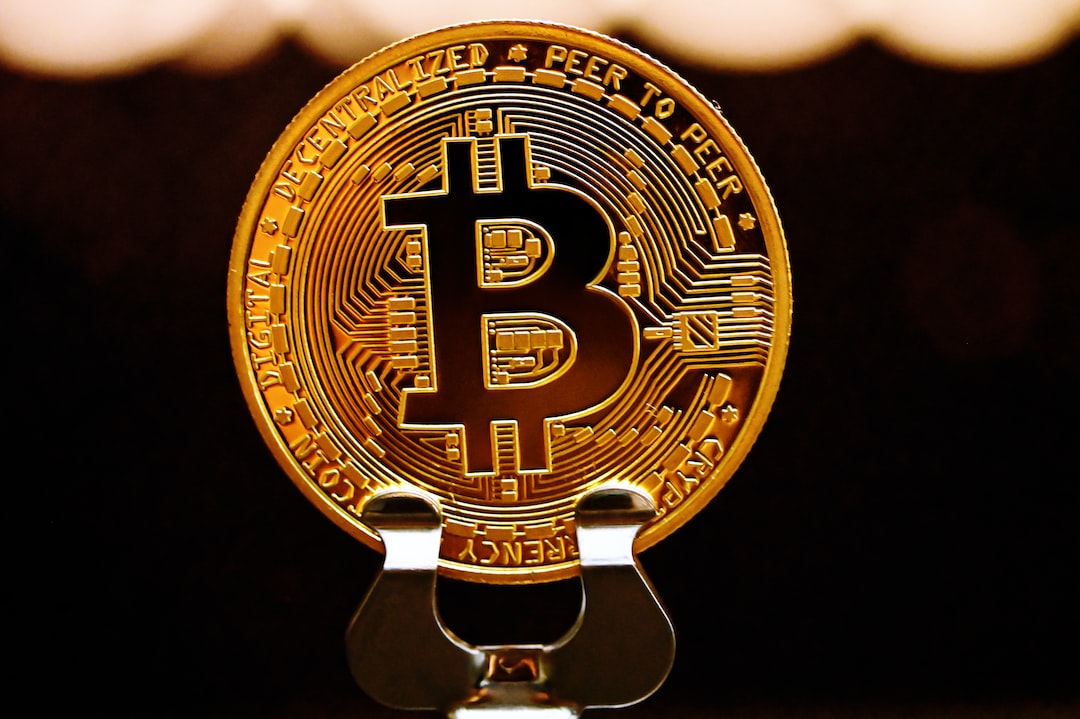The Launch of PayPal USD (PYUSD) and the Crypto Community’s Reactions
The recent launch of PayPal USD (PYUSD) by PayPal and Paxos has generated mixed reactions from the crypto community. While traditional finance firms entering the industry is seen as a positive development, there are concerns about the centralization and security issues surrounding PYUSD.
Key Points:
- Paxos, the issuer of PYUSD, has the power to suspend authorization and transfer functions for PYUSD in the event of a serious security threat.
- Paxos can also freeze or seize assets of individuals as required by government agencies or departments.
- The “assetProtection” role of PYUSD allows for the freezing and wiping of balances in certain situations, leading to concerns of centralization.
- Similar to other stablecoins like USDT and USDC, PYUSD faces centralization risks due to its blacklisting mechanism.
- There are security concerns regarding the use of an older version of Solidity (v0.4.24) for the PYUSD smart contract, which may have more documented bugs and vulnerabilities.
An online poll conducted by Bitcoin showed mixed opinions on the PayPal stablecoin. Approximately 49% of participants voted it as “Good,” while 17% and 34% chose “Bad” and “Ugly,” respectively.
Jeremy Allaire, CEO of Circle, the issuer of USDC, congratulated PayPal and Paxos on the launch of PYUSD. He acknowledged the regulatory clarity provided by the Payment Stablecoin Act and expressed excitement about a significant internet and payments company entering the stablecoin space.
Hot Take:
The launch of PayPal USD (PYUSD) brings both excitement and concerns to the crypto community. While it signifies the growing acceptance and adoption of cryptocurrencies by traditional finance, the centralization and security risks associated with PYUSD raise important questions about decentralization and user control. It remains to be seen how these concerns will impact the future of PYUSD and its reception in the market.





 By
By
 By
By
 By
By
 By
By
 By
By
 By
By